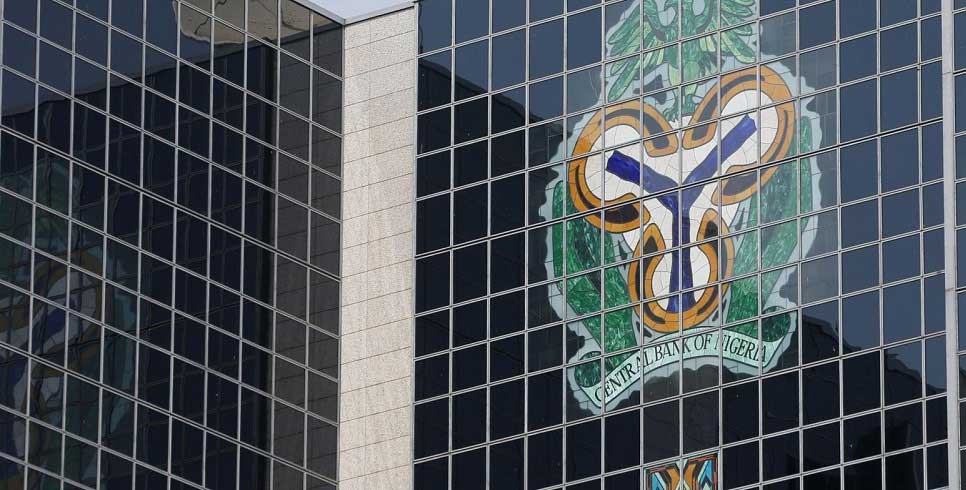
Analysts link surge to monetary easing, banking reforms, and renewed private sector confidence….
Credit to the private sector in Nigeria has grown sharply over the past two years, hitting an all-time high of ₦117.78 trillion as of September 2025, according to the Central Bank of Nigeria (CBN).
This represents a 75.9 per cent increase compared to ₦66.94 trillion recorded in the same period of 2023 and underscores the banking industry’s expanded role in supporting private enterprise and economic recovery.
The Credit to the Private Sector (CPS) which covers loans, trade credits, and other receivables extended by deposit money banks serves as a key indicator of the financial system’s capacity to fund the real economy and reflects balance sheet strength within the banking sector.
CBN data showed consistent year-on-year growth, with private sector credit rising from ₦66.94 trillion in September 2023 to ₦109.41 trillion in September 2024, and further to ₦117.78 trillion in 2025.
Quarterly Growth Trends
On a quarterly basis, CPS grew by 2.2 per cent to ₦115.82 trillion in Q1 2025 from ₦113.36 trillion in December 2024. It expanded again by 1.2 per cent to ₦117.20 trillion in Q2 2025, and by another 0.5 per cent to ₦117.78 trillion in Q3 2025.
Analysts say the steady rise in private sector credit reflects improving liquidity, monetary easing, and regulatory pressure on banks to meet lending thresholds.
Experts See Link Between Credit Expansion and Growth
Former President of the Chartered Institute of Stockbrokers (CIS), Olatunde Amolegbe, described the surge as a “major boost for the economy,” noting the positive correlation between private sector credit and national growth.
“If the CBN continues to gradually lower the Monetary Policy Rate (MPR), credit to the private sector could keep expanding,” Amolegbe said. “The re-enforcement of the CBN’s limit on deposit money banks’ loan-to-deposit ratios will also sustain banks’ appetite for creating risk assets in the near term.”
Economist Tajudeen Olayinka added that “credit is growth-enhancing” even when other macroeconomic variables such as trade openness and infrastructure are weak.
“For Nigeria to sustain economic growth, there must be a continuous rise in private sector credit, which remains the engine of growth,” he said.
Concerns Over Credit Distribution
However, the Chief Executive Officer of the Centre for the Promotion of Private Enterprise (CPPE), Muda Yusuf, cautioned that the credit expansion may not be evenly distributed across all sectors.
“There are major concerns about how credits are allocated across sectors and companies,” Yusuf said. “Small businesses, which contribute more to job creation and economic inclusion, may not be benefiting proportionately.”
He urged policymakers to ensure wider access to credit across micro, small, and medium-scale enterprises (MSMEs) to deepen economic participation and promote inclusive growth.
Broader Economic Outlook
Economists note that the current momentum in private sector credit could help stabilise Nigeria’s economy if accompanied by fiscal reforms, infrastructure investment, and monetary policy consistency.
They warn, however, that rising inflation and elevated interest rates could dampen borrowing appetite among smaller businesses despite the banking sector’s strong lending posture.



